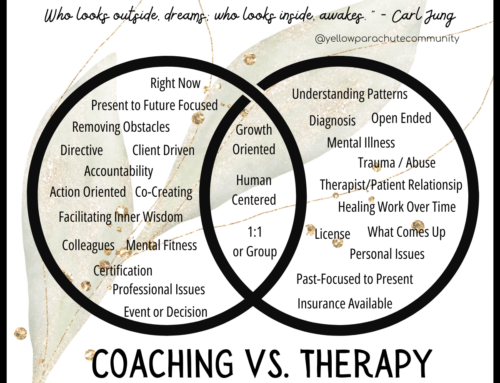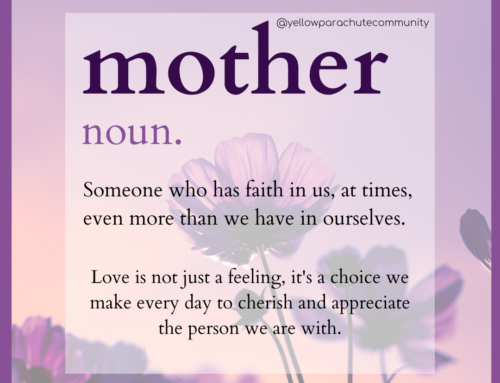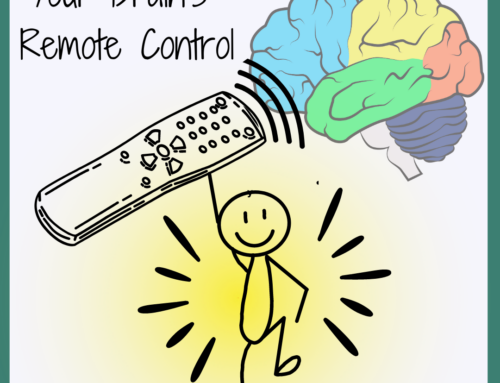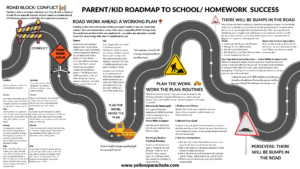Do you feel like parenting is a tug-of-war? And you always end up in the mud?
Do you feel like parenting involves giving your kid too many “chances” and too much “giving in?”
Remember the conversation (or sales pitch) about getting a new puppy or kitten? At least you got a cute, furry companion out of that deal, right?
Maybe parenting involves letting your kid do something that you don’t agree with or have reservations about. It can involve spending money or making big commitments of time and energy. Then when your kid doesn’t follow through on their end of the bargain, it feels like betrayal.
When you take charge and reset your position of power as the parent, try to point out how things aren’t going as planned and what you’d agreed on, it ends up backfiring on you.
Parenting can feel reactive in these times. It’s our job to help keep our kids safe, teach them how to be successful, and help them do the things they don’t want to do. But you seem like the “bad guy” all. the. time.
How do you parent in a tug of war? It’s bound to get messy.

Let’s save the mud for the new puppy.
One way to steer away from reactive parenting is to take time to know yourself. 5 questions you can ask yourself:
- What are my Core Values + how do they fit with my parenting?
- What do I value most in my role as a parent?
- How was I parented?
- What may I be repeating – that I want to keep, start, or stop doing – from my own experience as a kid?
- What are the non-negotiables in our home + the consequences of breaking them?
In “If I Could Raise My Daughter All Over Again,” the ADDitude article’s author says, “Looking back, I think the only thing I could have done to improve those gut-wrenching years is this: Know more about myself. Know who I was as a mom, wife, and stepmom. Commit to what I valued. Know where to draw boundaries.”
Knowing yourself and aligning your actions accordingly brings the power of consistency to parenting. It brings confidence that you’re speaking from a place of truth. And it also brings the ability to step back and say, “I was wrong,” or “tell me more about that,” without drawing lines in the sand with your kids. You will be able to have more open conversations because you can say “I believe…and this is why,” rather than “Because I said so.” (I know, I know, it’s my favorite, too, sometimes. But we’re staying out of the mud.)
You will be surprised at the conversations you can have when you take time out to step back and dive a little bit deeper into your own parenting emotions, motivations, triggers, strengths, and weaknesses.
When you know yourself, you can help your kids do the same. After taking steps to understand myself, I’ve said in heated moments, “I’m so triggered because…” This phrase gave us all time to pause and realize that we’d been preparing to repeat messy old habits. I don’t want my kids to feel bad. I don’t want to feel bad. We’re on the same side.
And I truly believe that knowing ourselves, so we can teach our kids to know themselves, gets us closer to understanding that we’re on the same side. I believe it gets us closer to where we want to be when we say we want to raise happy, well-adjusted, successful kids.
Yours in the Journey,
Cara
YP has developed some tools to get you started!
- The Wheel of Life
- Zones of Regulation (k-5 students)
- April Course Series – In Person! Parents + Educators







